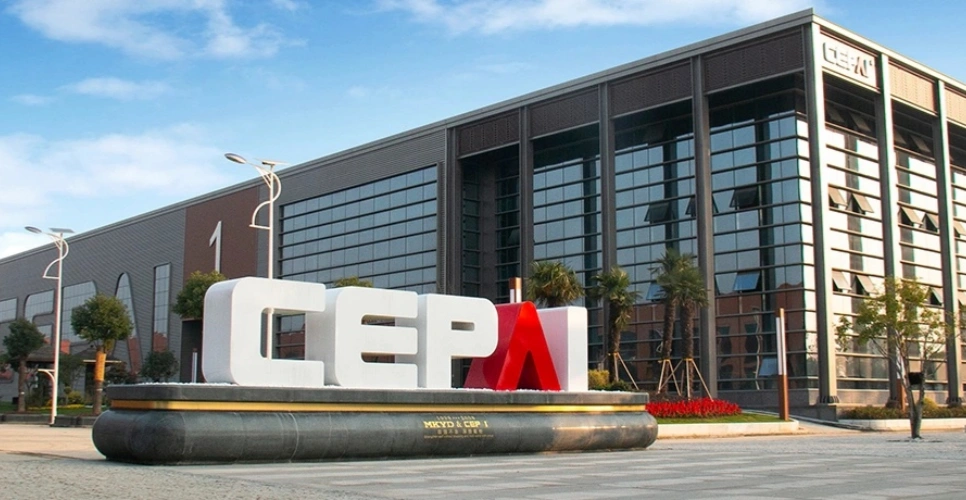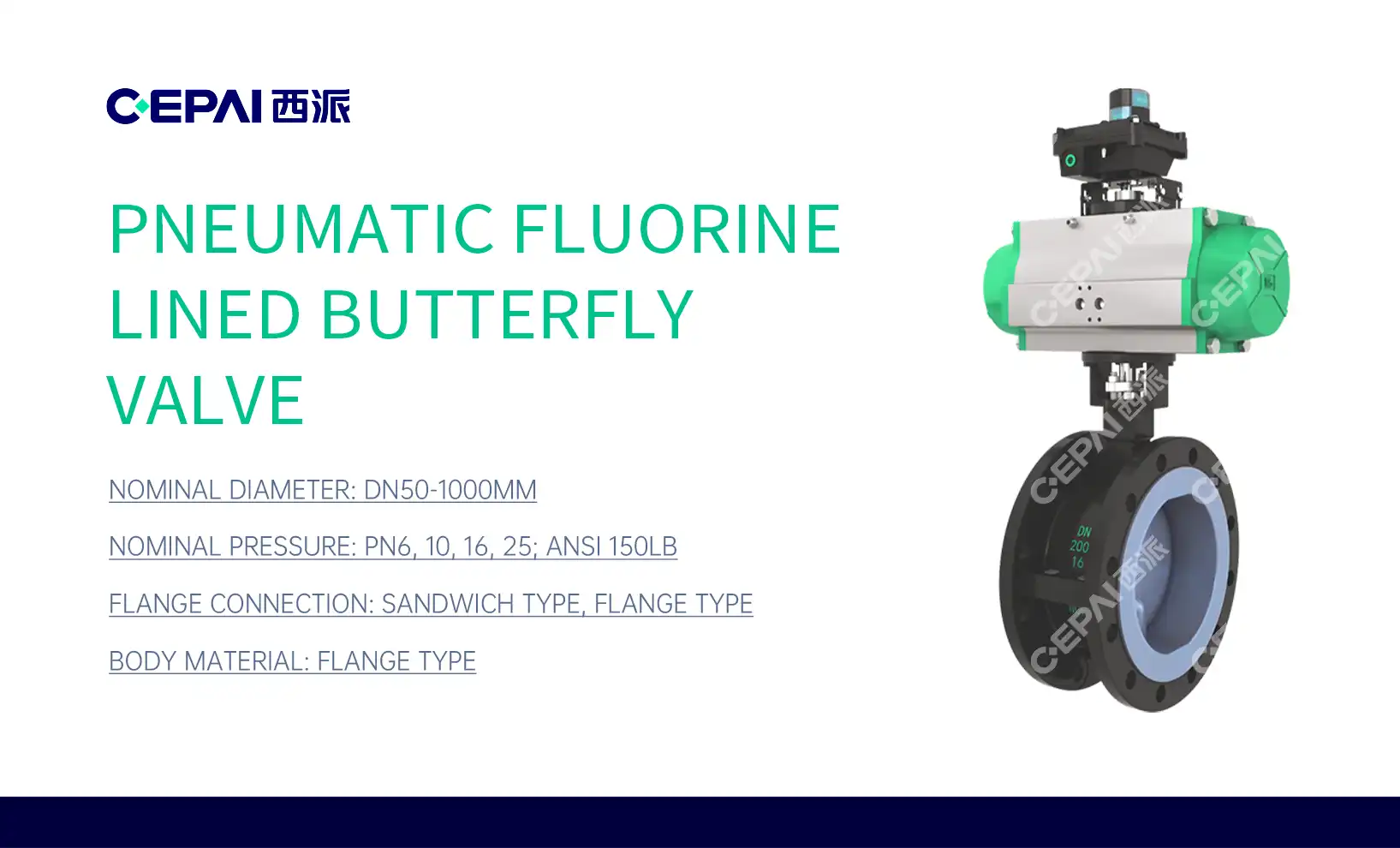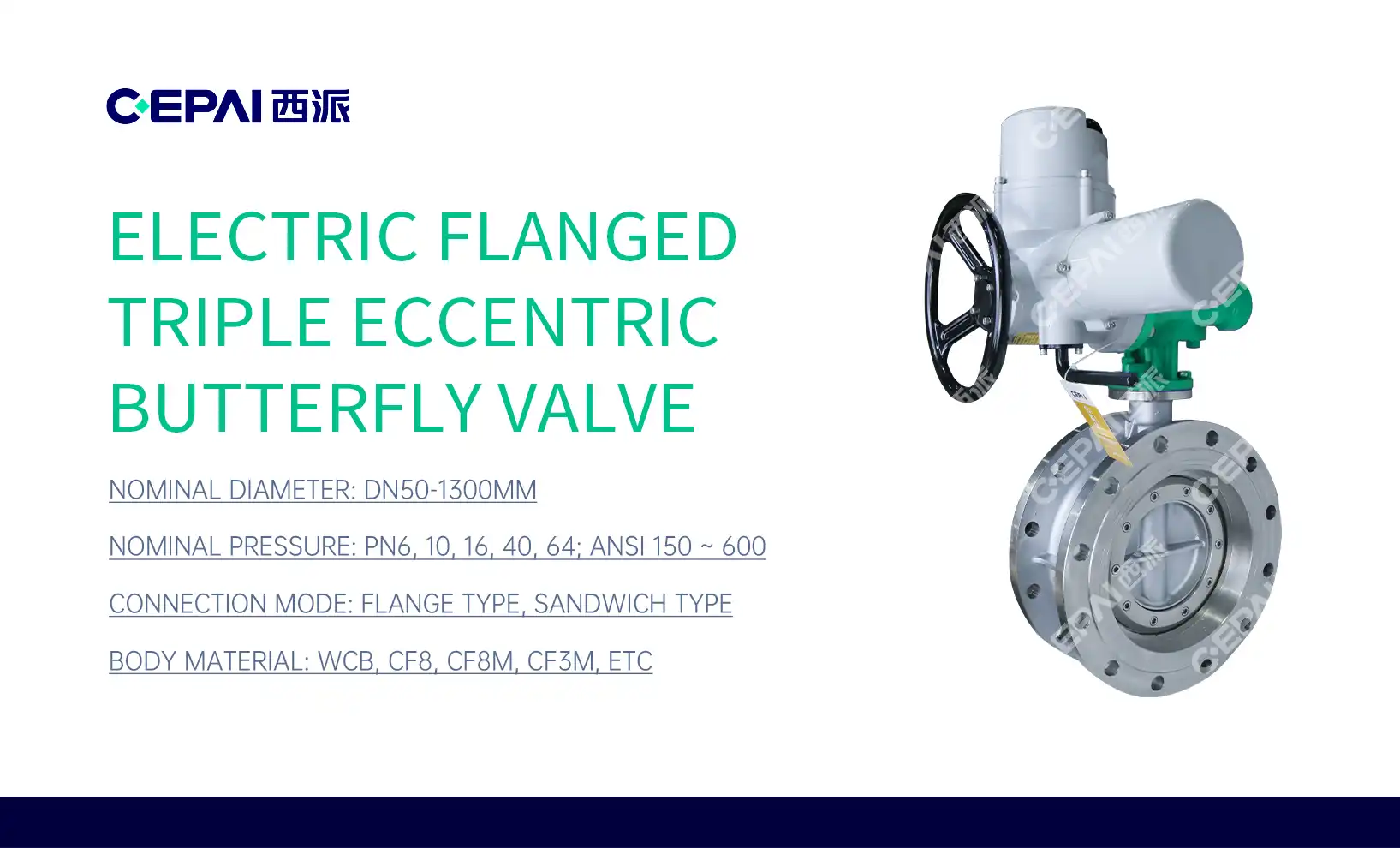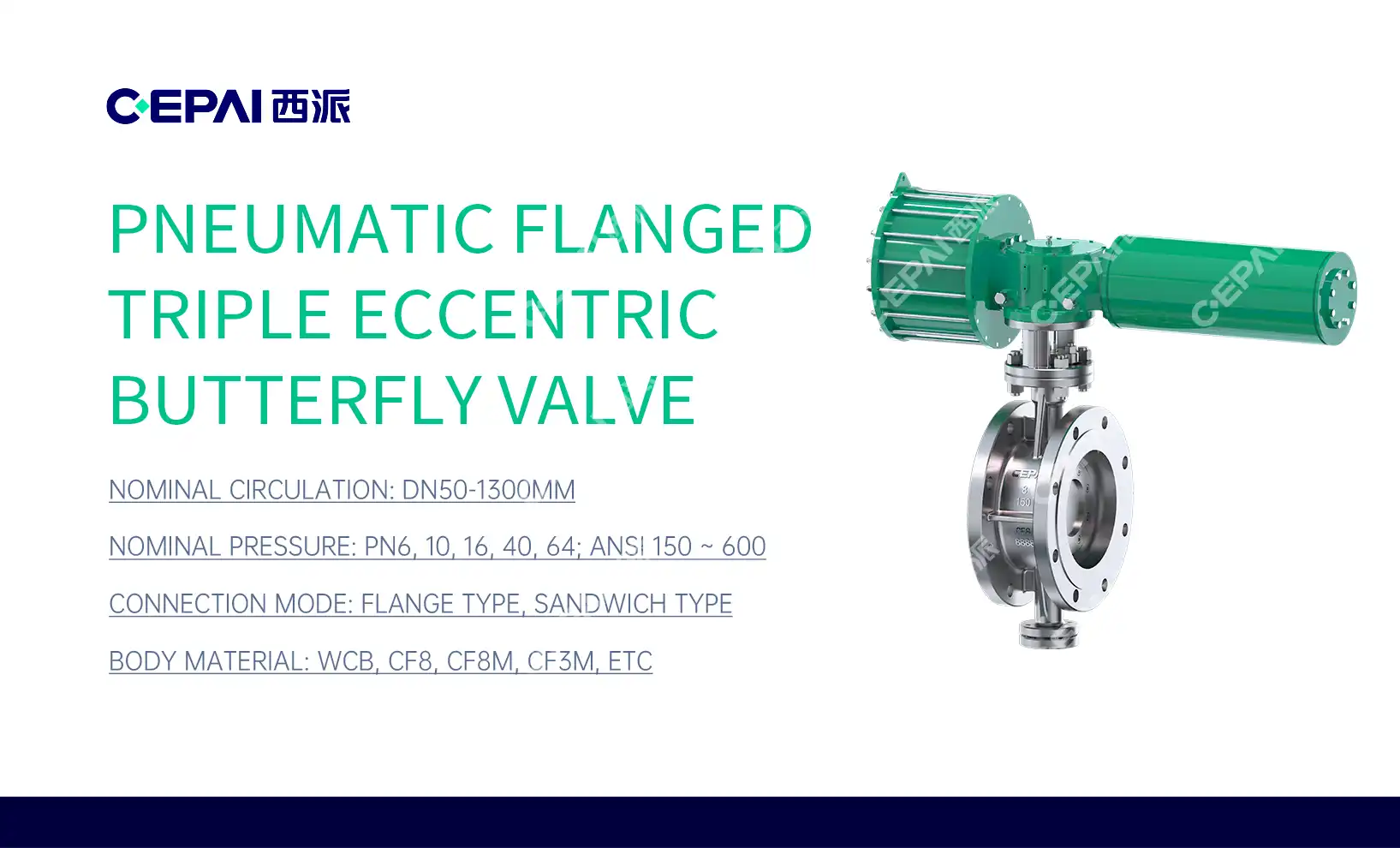Understanding the Fundamentals of Pressure Controllers
The Role of Pressure Controllers in Industrial Processes
Pressure controllers play a crucial role in maintaining optimal pressure levels within various industrial systems. These devices are essential for ensuring safe and efficient operations across a wide range of applications, particularly in the oil and gas sector. By continuously monitoring and adjusting pressure, controllers help prevent equipment damage, minimize energy consumption, and maintain product quality. Their importance cannot be overstated, as precise pressure control is often the linchpin of many critical processes, from wellhead operations to pipeline management.
Basic Principles of Analog Pressure Controllers
Analog pressure controllers operate on the principle of mechanical or pneumatic feedback systems. They use physical components like springs, diaphragms, or bourdon tubes to sense pressure changes and adjust output accordingly. The simplicity of their design makes them robust and suitable for harsh environments. Analog controllers typically provide a continuous output signal proportional to the measured pressure, allowing for smooth control of valves or other pressure-regulating devices. Their straightforward operation and minimal electronic components often result in lower initial costs and easier maintenance.
Introduction to Smart Pressure Controller Technology
Smart pressure controllers represent the cutting edge of pressure control technology. These devices incorporate microprocessors and advanced sensors to provide highly accurate pressure measurements and control. Unlike their analog counterparts, smart controllers can process complex algorithms, enabling features like self-diagnostics, remote configuration, and data logging. They often support various communication protocols, allowing seamless integration with modern control systems and facilitating real-time monitoring and adjustment. The flexibility and intelligence of smart controllers make them particularly valuable in applications requiring precise control, extensive data analysis, or frequent process changes.
Comparative Analysis of Smart and Analog Pressure Controllers
Accuracy and Precision in Pressure Control
Smart pressure controllers offer superior accuracy, often achieving 0.1% or better through digital technology and environmental compensation. This makes them ideal for critical applications needing tight pressure control. Analog controllers, while less precise with typical accuracy between 0.5% to 2%, remain sufficient for many non-critical uses. Their simpler design can also reduce potential error sources, making them reliable in less demanding environments where extreme precision isn’t required.
Flexibility and Adaptability in Various Applications
Smart controllers provide high flexibility, allowing easy reconfiguration for changing process needs or multiple setpoints. Their digital interfaces simplify parameter adjustments, making them ideal for dynamic operations. Analog controllers lack this adaptability but excel in fixed applications where consistency is key. Their stable design and minimal need for adjustment reduce complexity and the risk of misconfiguration, making them suitable for straightforward, unchanging processes.

Communication and Integration Capabilities
Smart controllers support advanced communication protocols like HART or Modbus, enabling remote monitoring, diagnostics, and system integration. This enhances overall control and allows for predictive maintenance and data-driven decisions. In contrast, analog controllers typically use basic 4–20 mA outputs, offering limited data but proven reliability. Their simplicity can be advantageous in systems that don’t require complex integration, where ease of use and robustness are more important than advanced communication.
Practical Considerations for Choosing Between Smart and Analog Controllers
Cost Analysis: Initial Investment vs. Long-term Value
Smart pressure controllers have higher upfront costs due to advanced features, but they offer long-term value through improved efficiency, reduced maintenance, and better process control. Analog pressure controllers are more affordable initially and ideal for simple applications, though hidden costs may arise from frequent calibration or added equipment. Over time, smart pressure controllers may prove more cost-effective in complex operations, while analog pressure controllers remain suitable for stable, budget-conscious setups where advanced features are unnecessary.
Reliability and Maintenance Considerations
Analog controllers are known for reliability due to their simple, robust design, making them ideal for remote or harsh environments. They require minimal upkeep but often need manual calibration. Smart controllers offer proactive maintenance with self-diagnostics and remote calibration features, reducing downtime and troubleshooting time. Though more complex, smart units often include redundancy and fail-safes, enhancing reliability in critical systems. Each type presents unique maintenance demands based on operational context and accessibility.
Environmental and Safety Considerations
Analog controllers perform well in extreme conditions due to their rugged, interference-resistant construction. Their simplicity ensures dependable performance in safety-critical applications. Smart controllers, while more sensitive, are often ruggedized and equipped with algorithms to maintain accuracy. They offer advanced safety features such as alarms, remote shutdowns, and event logging. The best choice depends on environmental exposure, safety regulations, and the level of control or monitoring needed for the specific application.
Conclusion
The decision between smart and analog pressure controllers hinges on a careful evaluation of specific application needs, environmental conditions, and long-term operational goals. Smart controllers offer unparalleled precision, flexibility, and data integration capabilities, making them ideal for complex, dynamic processes that require detailed monitoring and frequent adjustments. Analog controllers, with their simplicity, reliability, and cost-effectiveness, remain excellent choices for straightforward applications in challenging environments. As technology continues to advance, the gap between these two options may narrow, but for now, both have their place in modern industrial pressure control systems. The key is to align the controller choice with the unique requirements of each application, ensuring optimal performance, safety, and efficiency in pressure management.
Contact Us
For expert guidance on selecting the ideal pressure controller for your specific needs, reach out to CEPAI Group. Our team of specialists can help you navigate the complexities of pressure control systems, ensuring you benefit from cutting-edge technology tailored to your application. With our extensive experience in oil and gas equipment, we're committed to enhancing your operational efficiency and safety. Contact us at cepai@cepai.com to explore how our advanced pressure control solutions can transform your industrial processes.

_1746598525968.webp)



